Philip heard him reading the prophet Isaiah. He asked,
Do you understand what you are reading?
He replied, How can I, unless someone guides me?

CONTENTS

________
________
________
BEFORE WE BEGIN

Reasons: Why Bother with the Bible?
An intelligent understanding of the Bible is indispensable to anybody in the Western world who wishes to think wisely about religion. By no possibility can any one of us be independent of the Bibles influence. Our intellectual heritage is full of its words and phrases, ideas and formulas. Ignorance of it constitutes a hopeless handicap in the endeavor to understand any great Western literature.
The great liberal minister Harry Emerson Fosdick wrote those words in 1925. They are just as true today. The influence of the Bible remains pervasive in our culture. It not only functions as authoritative scripture for our largest religious communities, both Christian and Jewish. Its language and stories also still resonate throughout our literature and public rhetoric. Many contentious political debates in our public lifeover issues of sexuality, economics, even foreign policydisguise sharply divergent interpretations of the Bible.
My friend Forrest Church is the son of the late U.S. senator Frank Church of Idaho. In his book God and Other Famous Liberals: Reclaiming the Politics of America, Forrest argued that the Bible and God, like the Constitution and the American flag, like Motherhood and Apple Pie, remain powerful icons in our culture. Progressive people simply cede their power to opponents when they leave interpretation of our religious heritage, or the meaning of our nation, or authentic family values, to the reactionaries, the chauvinists, and the bigots. Bishop John Spong of the Episcopal Church has similarly called for Rescuing the Bible from Fundamentalism. Like Fosdick, both are ministers who see biblical fundamentalism and literalism for what they truly are: not authentic faith, but disguised fear; reactions against modernity that violate the Bibles own spirit, and even its guideline of how it should be interpreted: For the letter kills, while spirit gives life (cf. Rom. 2:27 and 7:6; 2 Cor. 3:6).
Oppressive interpretations of the Bible do kill, literally. Youll find no denial of that here. Massive injustice has been and continues to be done in the name of the Bible. But the problem is not simply with or within religion. The problem is that all of us allow the powers and principalities of both secular and spiritual oppression to usurp the spirit of the Bible and use it to legitimize such clear sins as economic and environmental exploitation, racism, sexism, homophobia, and more. Meanwhile the Bible is also about the beauty and goodness of creation itself; about the ancient human struggle for freedom and liberation; about frustration with violence and injustice throughout the generations; and about experiences of exultation, expectation, and inspiration that can sustain the human quest for wisdom, justice, and peace. Understood properly, it is also a remarkably honest look at the true religious spirit itself being taken captive, even crucified, by hierarchies of church and state, and at the perennial need to resurrect and renew a true discipleship of equals.
Perhaps because we sense all this at some level, most people who own books at all own at least one Bible, if only an inherited one. Sales of new Bibles have never been greater. Yet surveys show that the reading and the study of the Bible has markedly declinedamong all groups except the very fundamentalists who would take its words most literally. The results are deeply ironic. Today many otherwise well-informed, intelligent peoplereligious liberals, seekers after wisdom and justice, even skeptics and the news mediaoften speak as though the Bible says and means only what those fundamentalists say that it says and means!
This shows not only a lack of understanding but also a failure of maturity and wisdom. Those who reject or neglect the Bible fail to recognize that to throw the Bible out because others have turned it into an idol, or because you dont accept what you take to be the conventional understanding of its teachings, doesnt mean that it ever goes away. Rather it simply means that it ends up only in the hands and on the lips of othersoften reactionary otherswhere it can and will be used against you.
Take my friend Debra Haffner. She is a leading sexuality educator and advocate for sane, responsible, justice-oriented approaches to human sexuality. While serving as head of SIECUS, the Sexuality Information and Education Council of the United States, she became eligible for a sabbatical leave. I need to study the Bible, she told me. Its being used against everything I know to be true, just, and healthy. Where do I begin? When I suggested a progressive seminary for religious study, one thing just led to another and she is now the Reverend Debra Haffner!
Not all of us, however, can or should go to seminary to begin to take back our right to read and interpret the Bible for ourselves. We can begin with a basic book like this one, and with a little self-examination. Since there is justice-seeking in the Bible, and surely some spiritual truth that has managed to endure through the ages, how did we happen to give away our right to question religious authority and to interpret the Bible for ourselves?
The late Rabbi Abraham Joshua Heschel, a great champion of social justice, had a theory. We tend to misdirect our skepticism, he said. We use it to ask superficial questions of the Bible, like Is this story really, historically true? (Another great Bible scholar quipped that many Bible stories are not literally truejust eternally true!) Instead of directing our skepticism toward our forebears, maybe we should direct some toward ourselves, Heschel said. Is it possible that we use our superficial questions to avoid more important ones in the Bible? Questions like those posed by the prophet of old: What does the Lord require of you, but to do justice, to love mercy, and to walk humbly with your God? (Mic. 6:8). Is it possible that we have turned away from eternally important questions because we are uncomfortable with the idea that the Eternal, the God of history, actually might require something from us? Is that why we have replaced that question with the more comfortable questions of a consumerist age: What do I require? Require in a book, a teaching, a God, or a good that I might be willing to take seriously.


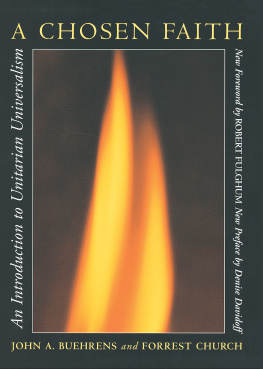
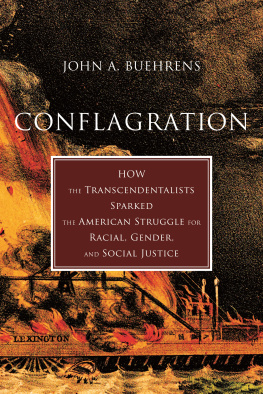
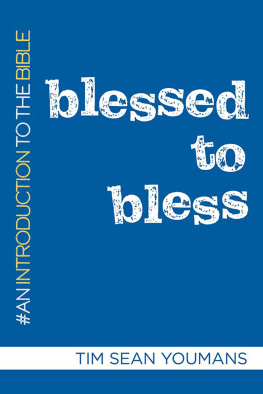
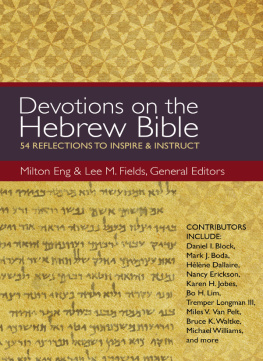
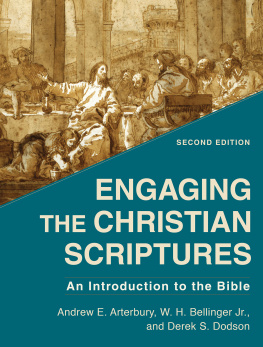
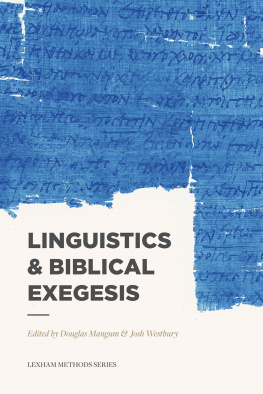
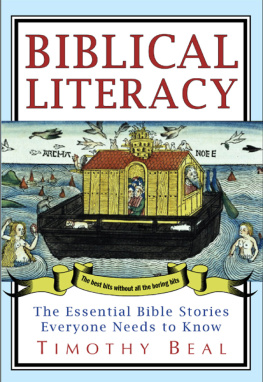
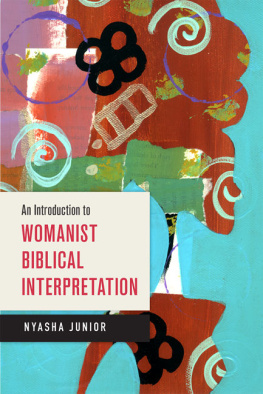
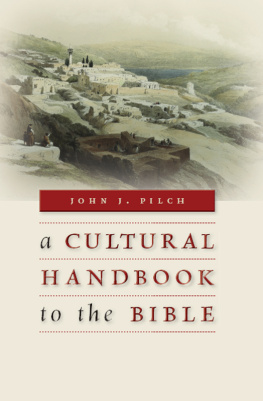
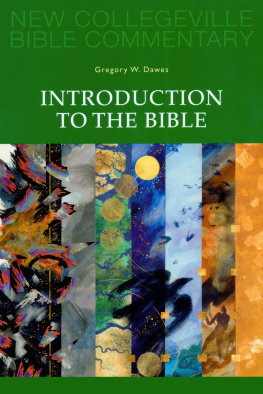
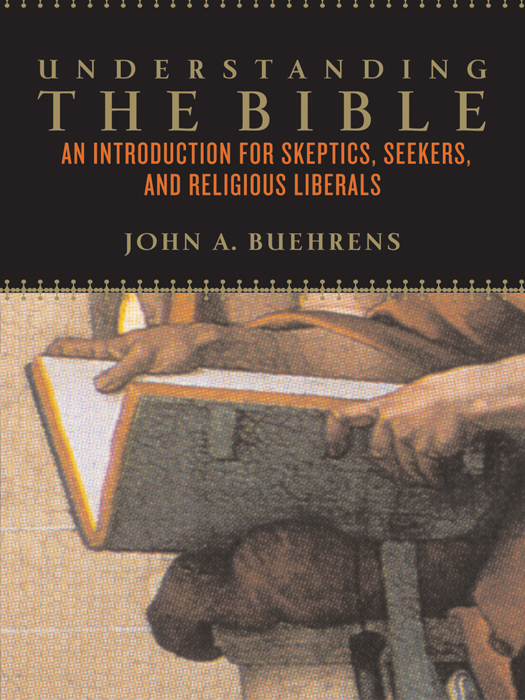
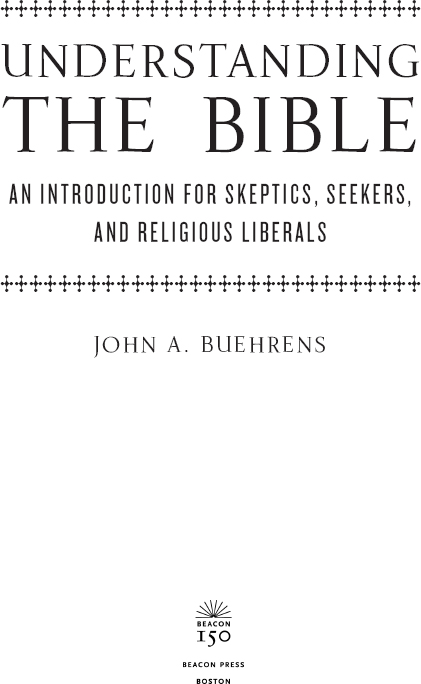

 CONTENTS
CONTENTS 
